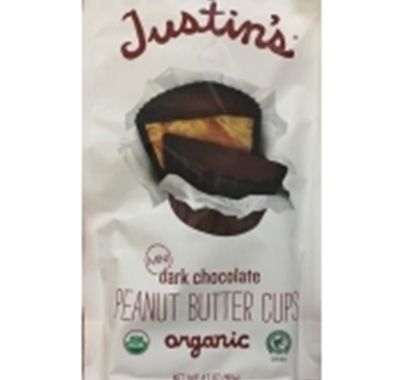 Each week, we attempt to find a study that looks at a topic in the health and fitness world and write a quick article summarizing that study, this week will be a little different.
Each week, we attempt to find a study that looks at a topic in the health and fitness world and write a quick article summarizing that study, this week will be a little different.
This week is just going to be a short rant about the marketing of junk food as “organic” and somehow healthy. Companies are taking advantage of a growing consumer trend of health consciousness and promoting certain products as being good for you when in actuality they are mislabeled junk food. A few recent trips to the grocery store is the inspiration for this article.
Let’s take a brief historical view of this trend. In the 1950’s and 60’s we were led to believe that fat was the primary culprit in heart disease and a growing weight problem in the country. As a result of this, grocery store shelves began filling up with “low fat” food items that were instead loaded with sugar, and saturated fat was being replaced with trans saturated fats like hydrogenated vegetable oils. Not only was this strategy ineffective at lowering heart disease rates and trends, it also led us to a growing waistline as a nation.
In the 90’s and early 2000’s, after recognizing the increased role of sugars and carbohydrates in our nation’s obesity epidemic we began to demonize carbohydrates. Now, we are told that protein is the problem and we must all avoid animal proteins as being the scourge of humanity.
Here is the reality. Humans have been eating fats, carbohydrates, and proteins for a VERY long time. Since the beginning of humanity. The one aspect of our diets that has grown disproportionately is the CALORIE.
Calories are more abundant than ever before, and our lifestyles are far more sedentary than ever before. The increase in calories in the American diet is the cause of the vast majority of chronic health issues we face in this country; NOT the presence of particular macro nutrients (fats, carbs, proteins).
The marketing of certain junk foods as being healthy or “better for you” merely adds to the calorie problem. Let’s use “Justin’s Peanut Butter Cups” as an example. Many people reach for these because they’re made with dark chocolate and are thought to be “better for you” than their commercial counterparts Reese’s Peanut Butter Cups. When you do a side by side calorie comparison you see that both brands have 210 calories per cup. That is nearly 200 calories per ounce.
Now, some of you may be wondering; “but isn’t Justin’s better for you since they don’t have all the preservatives?” The answer is a firm “maybe.” Food additives and preservatives may cause an increase in inflammation of the epithelial lining fo your GI tract, and eliminating those may decrease the likelihood of GI inflammation. However, we contend that when you are viewing both of these foods as being near 200 calories per ounce, the slight potential benefit is far outweighed by the risk associated with the abundance of calories.
In short, an organic pop tart is still a pop tart. A “paleo” brownie is still a brownie. A “keto” pancake is still a pancake. A “vegan” or “Plant based” oreo is still an oreo. Fake meat is processed and refined garbage that should always be avoided.
We are not the fun police. Eating these foods once in awhile will not kill you. The purpose of this rant is to bring to light the fact that these foods are often marketed as healthy when in reality they are the furthest thing from it. The marketing of these foods as being good for you creates a mindset for consumers that they can be enjoyed and eaten regularly, because after all, they’re organic so they must be good for you.
Read your labels, recognize when a food is high in calories, and don’t fall for the green washing of food labels.

